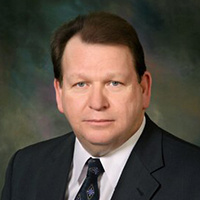Clinton Township Criminal Lawyer, Michigan
Sponsored Law Firm
-
 x
x

Click For More Info:
-
Dodson Fowler Williams & Nesi, PLC
18538 Mack Avenue Grosse Pointe, MI 48236» view mapCriminal Defense Law Practicing With Integrity
We have over 20 years of combined legal experience, we will zealously and happily represent any client who needs our assistance.
800-935-7840
Arthur A. Garton
✓ VERIFIEDArthur (Art) A. Garton handles all matters of complex criminal law, family law, personal injury and business/civil litigation. He is one of two Macomb... (more)
Gary R. Sanfield
✓ VERIFIEDGary Sanfield, an experienced, aggressive, and effective Michigan attorney has over 40 years of experience and he is ready to fight for you. His excel... (more)
Shawn J. Coppins
✓ VERIFIEDShawn Coppins is an aggressive plaintiff's attorney and is one of the firm's founding partners.Mr. Coppins was born and raised in the Metro-Detroit ar... (more)
Dennis J Rickert
FREE CONSULTATION
CONTACT Nathan A. Dodson Grosse Pointe, MI
Nathan A. Dodson Grosse Pointe, MI Practice AreasExpertise
Practice AreasExpertise



